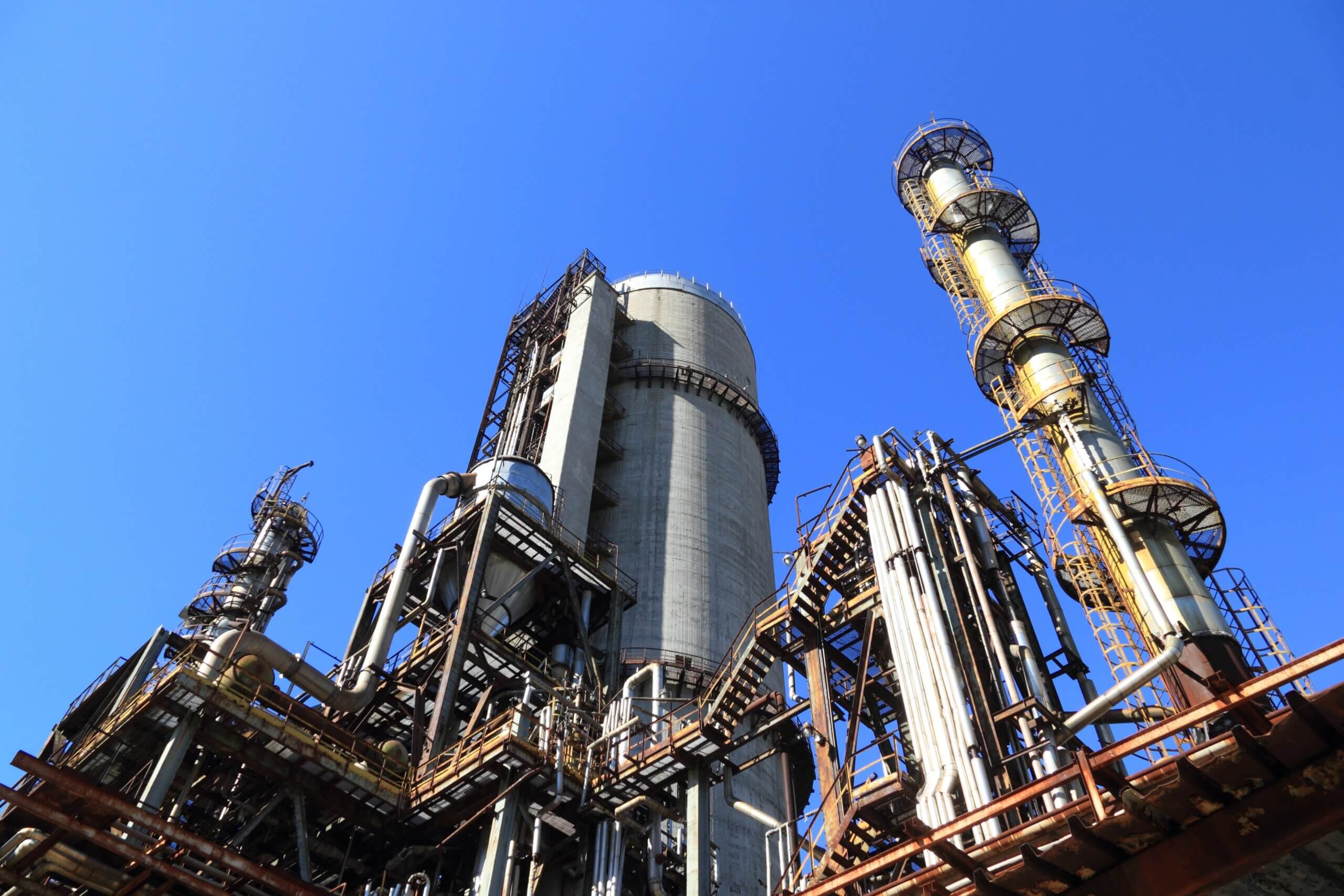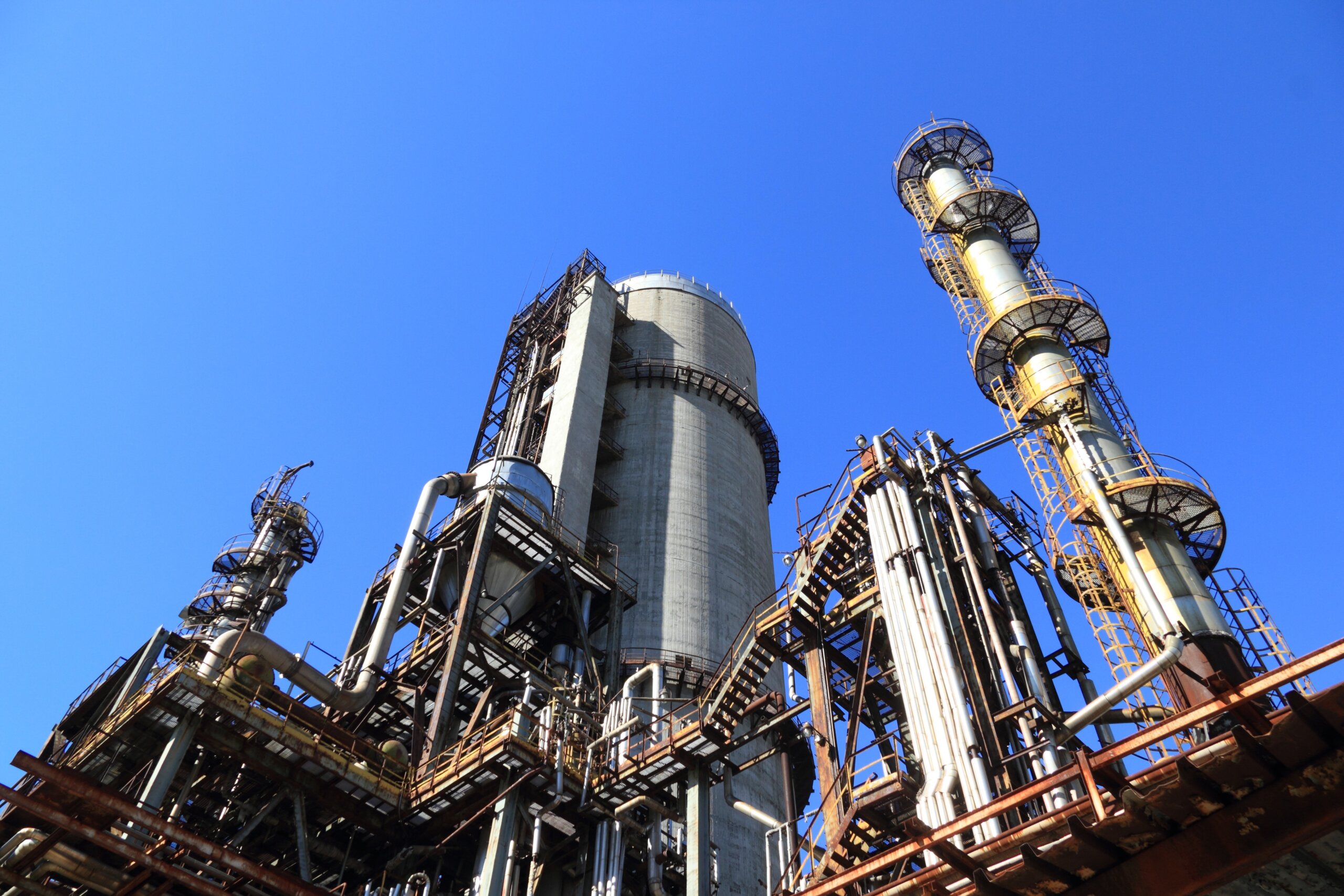“Deglobalization” has entered the narrative zeitgeist. But what’s happening on the ground? This weekly series seeks to answer that question with a round-up of deglobalization developments from the week that’s done.
1. Sequoia Capital is splitting its US, China, and India units into three separate regional firms, a dramatic move that underscores that ties to China are a growing liability in Silicon Valley. The firm has long defended its Chinese investments – and recently built up a powerful presence in DC.
2. New Balance is planning a 120,000 square foot manufacturing facility in Londonderry, Maine – part of its larger effort to expand manufacturing capacity in the US. This would be New Balance’s sixth manufacturing facility in the US.
3. Microsoft is moving AI experts from China to Canada amid rising geopolitical heat: Microsoft Research Asia, based in Beijing, has started the process of obtaining visas to relocate up to 40 top AI specialists from China’s capital to its institute in Vancouver.
4. Sales of semiconductor equipment to China dropped 23% year on year in the first quarter amid US export curbs. During that same period, the US, which is trying to boost domestic chip production, and the rest of North America bought 50% more semiconductor equipment.
5. Plus: With Japan’s export curbs on semiconductor equipment and materials looming, Chinese companies are scrambling to find local substitutes and the Chinese government is urging Tokyo to revoke the curbs.
6. Apple’s AirDrop and similar file-sharing programs that were used by protesters in China and Hong Kong in recent years are facing tighter controls under Chinese information regulations – the latest crackdown on communications technology amid Beijing’s “national security” clampdown.
7. The share of goods shipments the US receives from China has declined to the lowest level since 2006 – as imports from other countries in Asia have grown to meet the healthy demand for foreign products.
8. At a closed-door meeting with the Italian government, the CEO of Pirelli called on Rome to help him sideline a Chinese State-owned investor, Sinochem — warning that Pirelli’s independence is at stake.
9. Cuba has allowed China to set up an electronic surveillance facility on the island in exchange for cash – a deal that, per the Wall Street Journal, “has echoes of Cold War tensions that have long marked Cuban relations with the US.”
(Photo by Pexabay/Pexels)




